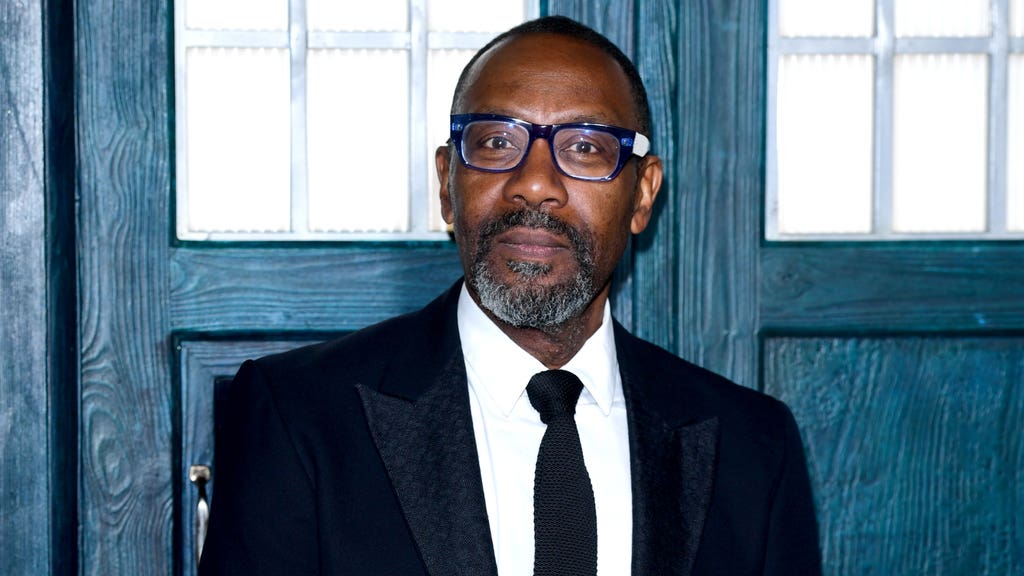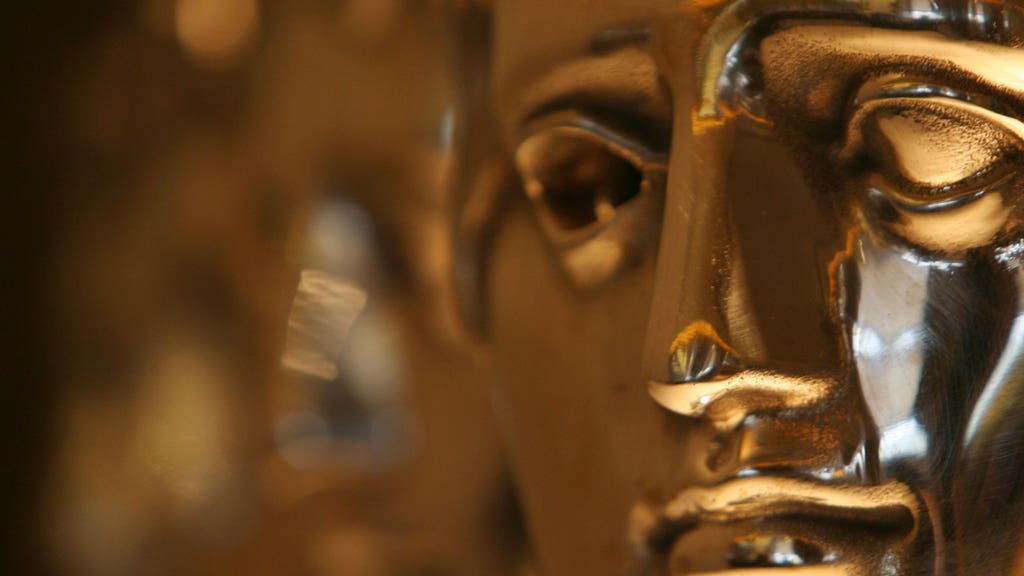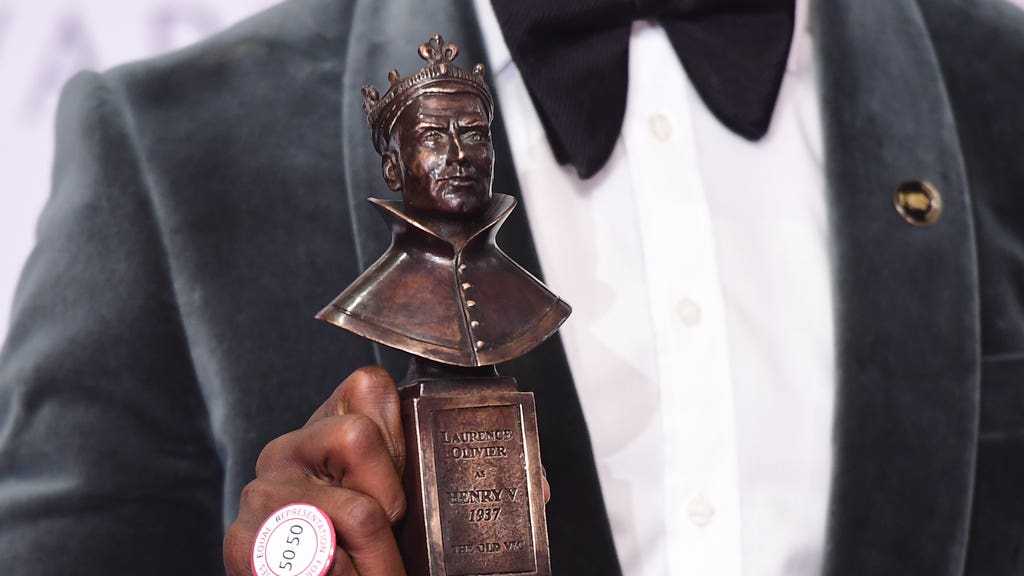Institutional racism entrenched in UK entertainment, landmark survey suggests
“The fact that the majority of respondents had directly experienced racism in the workplace should be a stain against the entire industry,” Sir Lenny Henry said.

Most Black, Asian and minority ethnic actors working into the UK say they have directly experienced racism (55 per cent) and feel unable to turn down auditions that boost racial stereotypes (61 per cent), a landmark survey suggests.
New research into the experiences of non-white performers in the British entertainment industries has revealed institutional racism that people from these groups continue to face in the pursuit of their careers.
The report - thought to be the first of its kind to be conducted in the UK - polled 1,300 actors between March and April uncovering alarming instances discrimination and prejudice across audition, casting and hair and make-up experiences.
Published by the Sir Lenny Henry Centre for Media Diversity at Birmingham City University and the Personal Managers Association with support from the Casting Director’s Guild, the study calls for numerous measures to remedy the situation including a third party reporting body, working groups to avoid stereotypes in casting, industry-wide beauty standards, and mandatory unconscious bias training
Writing the foreword to the report, Sir Lenny Henry, Chancellor of Birmingham City University and founder of the Centre for Media Diversity, said: “Casting is one of the most important aspects of achieving true and accurate diversity, inclusion and equity in the acting profession. It is literally the foundation that everything else is built upon.
“Every time we see a great actor like Thandiwe Newton, Idris Elba or David Harewood leave these shores to find opportunities denied to them in the UK, it is a painful reminder of why casting is so important.”
“The fact that the majority of respondents had directly experienced racism in the workplace should be a stain against the entire industry,” he added.

Actors who participated in the survey also revealed specific issues around hair and make-up, and an inability to speak up against racist practices encountered while working, finding that 71 per cent of respondents have experience of hair and make-up departments unable to cater to their heritage, hair or skin tone and 66 per cent of respondents feel “generally” unable to discuss issues openly with a director.
The research suggested that stereotypes in casting briefs lead to discriminatory behaviour at auditions, often managed by all-white panels of directors or producers.
It was reported that code words were used in conjunction with stereotypes of African-Caribbean people, with actors being told to ‘play it more “sassy”, “urban”, and “street”.
In other examples, actors of various ethnicities were asked to ‘do a Middle-Eastern accent’, to sound ‘more Asian’, or where Eastern European actors were repeatedly auditioning for the role of a prostitute through lack of other opportunities available.
One respondent said: “I am honestly sick of being asked [to] stereotype, like Geisha or just another immigrant. I am a human being with heights and flaws just like anyone on the street. Abundance of personality is definitely lacking in East Asian roles”.”
Another shared: “After booking a job in my own accent I was asked on the first day to rehearse in a ‘Rafiki accent’ when I asked for explanation was asked to do it in my ‘native accent’ or whichever one I can do”.
On one occasion, an actor noted that a St. George’s flag was draped on set which he described as inappropriate.
“Also I was referred as the foreign guy even though I’m a born and bred Londoner; my heritage is Arab and was playing a character who is Arab - I was spray tanned as I didn’t look Arab enough,” he said.

Further anecdotal evidence from respondent comments suggests securing an audition can be challenging for actors from different communities, with Gypsy actors reportedly unable to secure representations from agencies, Hispanic actors not being recognised as an ethnicity and an ignorance around the many complexities of Asian ethnicities and nationalities.
Report author, diversity researcher and writer Dr Jami Rogers said, “This survey has revealed how much work the entertainment industry has to do to fix the systemic inequalities that affect performers of all minority ethnic communities.
“The experiences of overt racism in this report are, frankly, horrific and the actors’ comments expose the grim reality they sometimes face when all they are trying to do is earn a living from an art form they love.”
The Sir Lenny Henry Centre for Media Diversity (LHC) is a newly established research centre, bringing together the expertise of established media professionals and academics.
Join our commenting forum
Join thought-provoking conversations, follow other Independent readers and see their replies
Comments
Bookmark popover
Removed from bookmarks